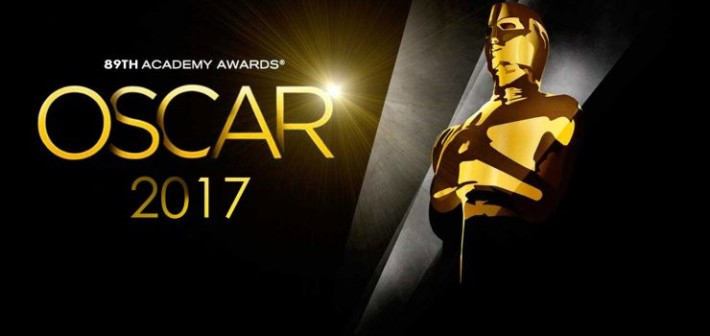Kong: Skull Island
by George Wolf
Time to grab the sunscreen and the softball glove…Kong: Skull Island will have you thinking it’s summer! The King’s latest return is fun and fast-paced eye cotton candy, a spectacle entirely satisfied with being less filling and more thrilling.
Director Jordan Vogt-Roberts serves up the big ape early and often, while smart and talented writers effectively blend homage, humor, metaphor and bombast without ever committing the film too much in one direction.
Writers Nick Gilroy, Max Borenstein and Derek Connolly have resumes that include Nightcrawler, Jurassic World and the 2014 Godzilla. They may have a “B” movie on steroids, but they all know how to sneak in a dose or two of social commentary. This is about man’s inhumanity to nature, about how enemies sometimes “don’t exist until you look for them,” and about an island full of huge freakin’ monsters!
It is 1973, at the close of the Vietnam War, and scientist Bill Randa (John Goodman) feels it may be his last chance at getting government approval (and funds) to explore Skull Island, an uncharted mass in the South Pacific kept hidden by constant electrical storms and magnetic interference. Of course, Randa has other motives for the mission that he’s not interested in sharing with Colonel Packard (Samuel L. Jackson), who’s leading the military escort to the island, grizzled mercenary tracker James Conrad (ungrizzled Tom Hiddleston, a bit miscast), photojournalist Mason Weaver (Brie Larson) or anyone else on the team.
First on the agenda is dropping explosives in hopes of mapping the island seismographically. Step two is throwing the rest of the agenda out the window and trying to stay alive because Kong don’t play that.
There are plenty other scary things on Skull Island, and even another pilot. Hank Marlow (John C. Reilly) has been there since crash landing during WWII, and he’s armed with funny one liners and helpful survival tips for the tourists.
While Vogt-Roberts (The Kings of Summer) attacks the adventure with some familiar guns blazing, he peppers in enough small surprises to keep things interestingly off-kilter. It’s like he’s living a dream of combining Apocalypse Now with Godzilla, and he’s not leaving until he’s satisfied the scale is big enough.
It’s plenty big, and the CGI is often exhilarating, but smaller moments of nuance find a way in. The characters both embrace and deflect common stereotypes, so while Brie Larson does end up in a tight tank top, it’s Hiddleston that Vogt-Roberts’s camera is most interested in objectifying.
This is entertaining cheese that screams Memorial Day weekend, rising up before your St. Paddy’s bar crawl. The hangover will be minimal, and even the after-credits scene makes hanging around till closing time seem like a good idea.










